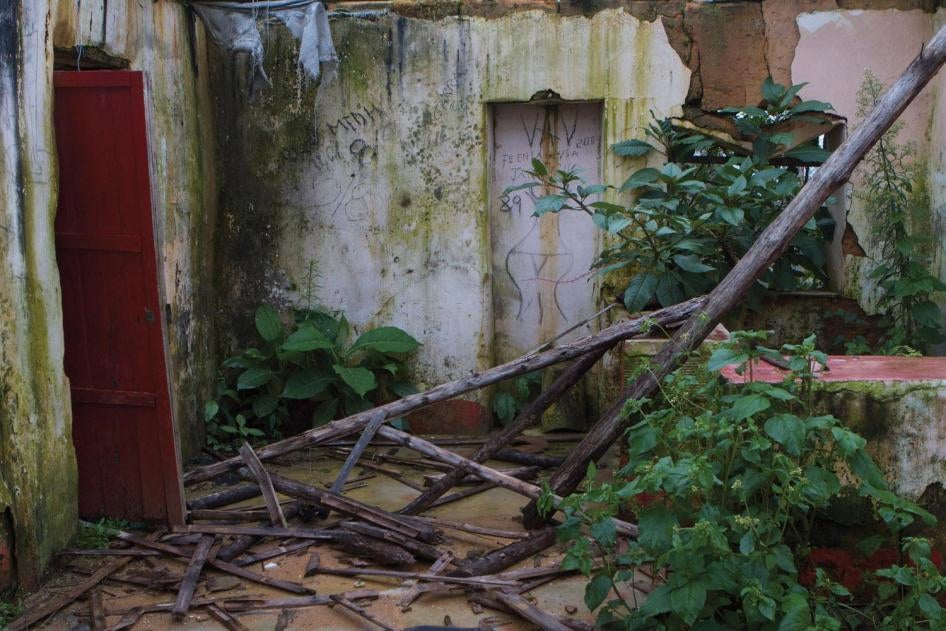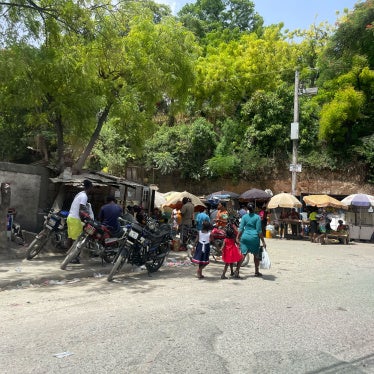In 2011 an unknown attacker raped “Monica,” a human rights defender supporting victims displaced by the country’s protracted armed conflict. She immediately reported the rape to authorities, but they didn’t help her get access to health care. More than a week later, she finally was able to see a doctor who prescribed medicine for a vaginal infection caused by the rape and another to attempt to avoid HIV infection. The medicines were expensive, and Monica couldn’t afford the one to prevent HIV.
Health care is a critical service for rape survivors like Monica, and today, Colombia’s Constitutional Court agreed to hear an important case concerning access to such care. The case, filed by several leading women’s rights organizations, challenges a law that had as its objective to help rape survivors, but in fact backtracked on standards set in an earlier health protocol.
Access to timely and quality health services is essential after sexual violence, both for the wellbeing of the victims and for collecting forensic evidence necessary to bring rapists to justice. Yet, Human Rights Watch research in 2012 revealed a daunting array of obstacles in accessing medical services for victims of sexual violence who had been displaced by the conflict in Colombia.
In 2012, the health minister created a protocol that sought to guarantee that health care providers offer victims of sexual violence appropriate post-rape care. The protocol was binding on health care providers. Implementation was spotty, so in 2014 Congress passed a law intending to protect victims of sexual violence. The law made important progress on many points, including guaranteeing a victim’s privacy and confidentiality and recognizing that sexual violence can under certain conditions be considered a crime against humanity. But the law says that it is optional for health providers to complete the protocol for post-rape care created by the Ministry of Health, rather than recognizing that following it and providing comprehensive post-rape care should be required or mandatory. The plaintiffs are asking the court to declare that Colombia’s Constitution and law guarantee access to these services and health providers are bound to comply with protocols on post-rape care – as the drafters of the law intended.
Monica and the tens of thousands of survivors of sexual violence each year in Colombia have the right to get the health services they need. The government of Colombia should affirm this by making access to health care for rape victims an enforceable right under the law for all victims, and ensuring that providers are required to offer such care.










